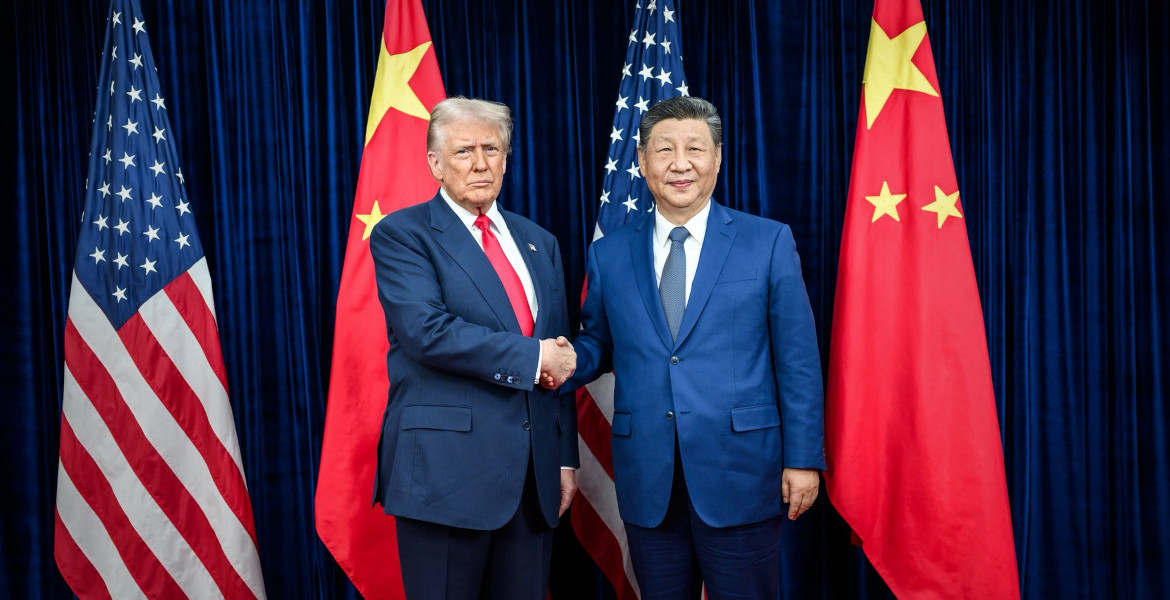Elisabeth Svantesson, the Moderate Party's Minister for Finance, believes that Trump's trade tariffs and the unrest they have caused will also affect the Swedish economy.
– We had good conditions for getting the economy going. But then this happened, which we’ve talked about a lot - the trade war has materialized, she emphasizes.
According to Svantesson, the Swedish economy was recovering at the end of 2024 – but this recovery has now been interrupted, and the Americans are being blamed.
The finance minister says that confidence in the US has been badly damaged and will take a long time to rebuild – and that the Trump administration's actions have damaged both the US and European economies.
– It is sad that one of Sweden's partners, the United States, is acting in this way, she said:
– What we are experiencing now is unprecedented. We have a trade war at a time when markets are highly integrated.
"Higher costs for businesses and households"
Although the finance minister admits that the consequences of the trade war are difficult to determine in advance, she nevertheless maintains that Sweden remains strong "with world-class public finances" and the focus of the spring budget, according to Svantesson, is on getting "the wheels turning" through various economic measures such as increased tax deductions and increased funding for the Swedish Public Employment Service.
– We don't know all the consequences of the trade war yet, but we know that it is harmful... But with this budget we are protecting Sweden, and we are prepared to do more, she adds.
Despite the SEK 11.5 billion (€1 billion) in measures, unemployment is predicted to rise from 8.2% today to 8.6% by the end of the year, and inflation to 2.5%, from 1.9% previously.
The Ministry of Finance expects Sweden's GDP to grow by 2.1% in 2025 – lower than previous estimates. However, growth is expected to pick up in 2026 and 2027, according to the forecast, which may be revised in the future.
"The announcement of increased import tariffs in the United States has caused turbulence in financial markets and sharp stock market declines. Higher tariffs are expected to lead to higher costs for businesses and households, which is expected to dampen demand. At the same time, increased uncertainty itself risks dampening economic activity as firms and households postpone investments, hiring and purchases", the assessment says.






